Human Rights and Modern Slavery in Infrastructure
Master Classes to help you develop a Framework and Action Plan for your organisation to assess, mitigate and remedy Human Rights and Modern Slavery impacts across operations, procurement and supply chains.
These one-day interactive Master Classes, focusing on the infrastructure sector, are facilitated by Action Sustainability and supported by the Supply Chain Sustainability School and ISCA.
- Melbourne – Monday 17th September
- Sydney – Wednesday 19th September
- Brisbane – Friday 21st September
Most Australian organisations have adverse Human Rights and Modern Slavery risks and impacts embedded in their supply chains; look hard enough and you will find them in yours too.
The Global Slavery Index estimates that 18% of Modern Slavery is found in the construction sector. From an Australian perspective, Modern Slavery can often be found in imported labour, materials, products and equipment from countries across the Asia Pacific region.
Join other like-minded infrastructure and construction sector professionals from the public and private sectors for this interactive, practical, one-day workshop (15 – 18 participants maximum) to help you develop a Framework and Action Plan aligned with international standards and guidelines, including:
– The UN Guiding Principles on Business and Human Rights
– ISO 20400:2017 Sustainable Procurement – Guidance
– The anticipated provisions of the Australian and NSW Modern Slavery Acts
– ISCA’s IS v2.0 rating scheme and Innovation Challenges, and
– Australian and international leading practices, focusing on Asia-Pacific supply chains.
The program
The Program starts two weeks before each Master Class with an online gap-analysis of participants’ current organisational capabilities, which will be used as a basis for developing your own framework.
Context
> Human Rights and Modern Slavery: definitions and scale of the problem
> Why business and procurement are so integral to mitigating risks and impacts
> Key concepts: Risks vs Impacts, Transparency, Living Wage, Voice of the Worker
> Victim Compensation, Brand Owners vs Procurement Obligations, Collaboration
Principles
> UN Guiding Principles, ISO 20400 and Modern Slavery legislation
> Establishing an organisational Human Rights & Modern Slavery Framework
> Best practice infrastructure case studies
> Shared experience from the UK, US and other jurisdictions
Fundamentals
> Procurement due diligence, supply chain mapping and social auditing
> Grievance mechanisms, remedies, supplier engagement & collaboration
> Procurement: prequalification, specifications, contractual requirements
> Reporting requirements (Australian Modern Slavery legislation)
> Case studies and hypotheticals – focusing on going beyond T1 in Asia
Putting it all together
> Drafting your own organisation’s Human Rights and Modern Slavery Framework
> Action planning, challenges and organisational change road map
A working lunch and guest speaker from a leading Human Rights NGO will provide participants with an update on the latest developments on the Australian and NSW Modern Slavery Acts.
After the Master Classes, all participants will be provided with online reviews by Action Sustainability staff of organisational policies and action plans developed in the Master Classes.
Your trainers
Mark Lyster, Managing Director (Human Rights Lead), Action Sustainability Asia Pacific
Mark is a sustainability expert specialising in business strategy, sustainable procurement, human rights and sustainable finance. Mark has been at the forefront of sustainability in Australia for the last twenty years and has provided advice to leading corporations, government agencies and NGOs. Mark specialises in the finance sector and is the Chair of the Responsible Investment Association of Australasia’s Working Group on Human Rights.
Helen Carter, Senior Consultant (Human Rights Lead), Action Sustainability UK
Helen Carter specialises in sustainable procurement and Modern Slavery. Her client experience includes: RSSB, Network Rail, TFL, Molson Coors, MOD, United Utilities, Balfour Beatty, Skanska, Thameslink and Freshfields. With 20 years procurement experience, Helen now provides support, training and guidance in Modern Slavery to the construction industry via the Supply Chain Sustainability School in the UK.
Jean-Louis Haie, Director (Sustainable Procurement Lead), Action Sustainability Asia Pacific
Jean-Louis is a passionate sustainable procurement advisor with 12 years of international experience in the consultancy sector. Jean-Louis leads Action Sustainability’s sustainable procurement and supply chain management services in the Asia Pacific region. For the past 4 years, he’s been leading Australia on the project of ISO 20400, the first international guidance standard on sustainable procurement and published in April 2017.
Robin Mellon, Chief Executive Officer, Supply Chain Sustainability School – Australia
Robin has combined his passion for the environment, property and finance, and understanding of construction and heritage to become one of Australia’s acknowledged experts on built environment sustainability. In 2016 Robin was appointed Chief Executive Officer of the Supply Chain Sustainability School in Australia. Prior to that, Robin joined the Green Building Council of Australia in 2007 to drive the adoption of the Green Star rating system for buildings and communities. From 2010-2015 he spearheaded the GBCA’s advocacy and international work and mentored a number of countries, including Israel.
Registration Information
Where: CBD locations in Sydney, Melbourne & Brisbane
When: 8:30am – 4:30pm
MELBOURNE: Mon 17 Sept
SYDNEY: Wed 19 Sept
BRISBANE: Fri 21 Sept
Who: Sustainability, Procurement, Risk and Human Rights professionals – Infrastructure and Construction sectors.
Price:
Standard: $1,200 per person*
Early Bird: $900 per person* (book before 31 August)
Action Sustainability clients, School Partners, ISCA members: $900 per person*
Bring more than two participants: $900 per person*
Not for Profit organisations and Students: $500 per person*
To Register: send an email to info@actionsustainability.com.au


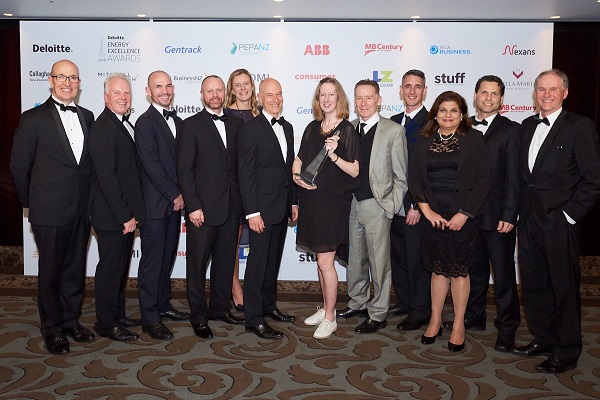
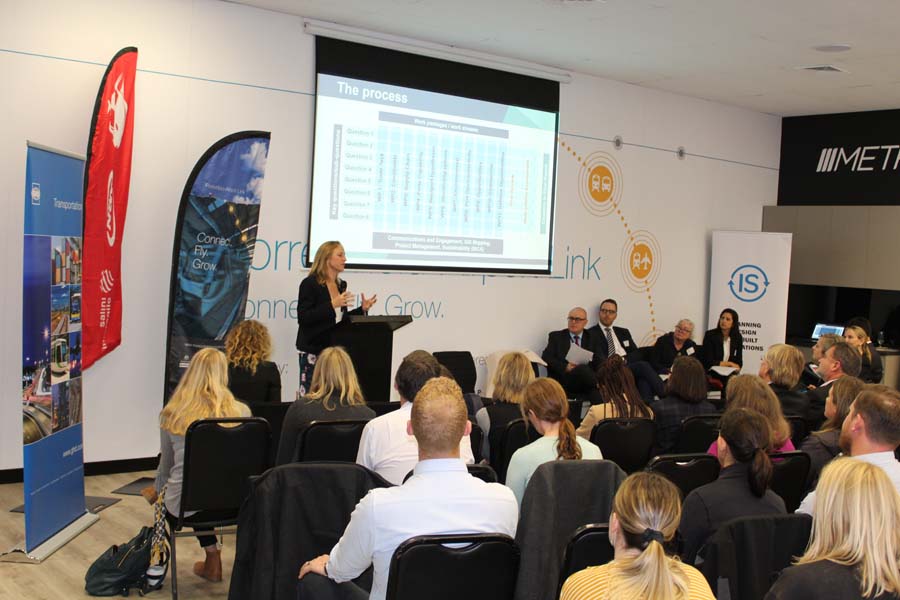
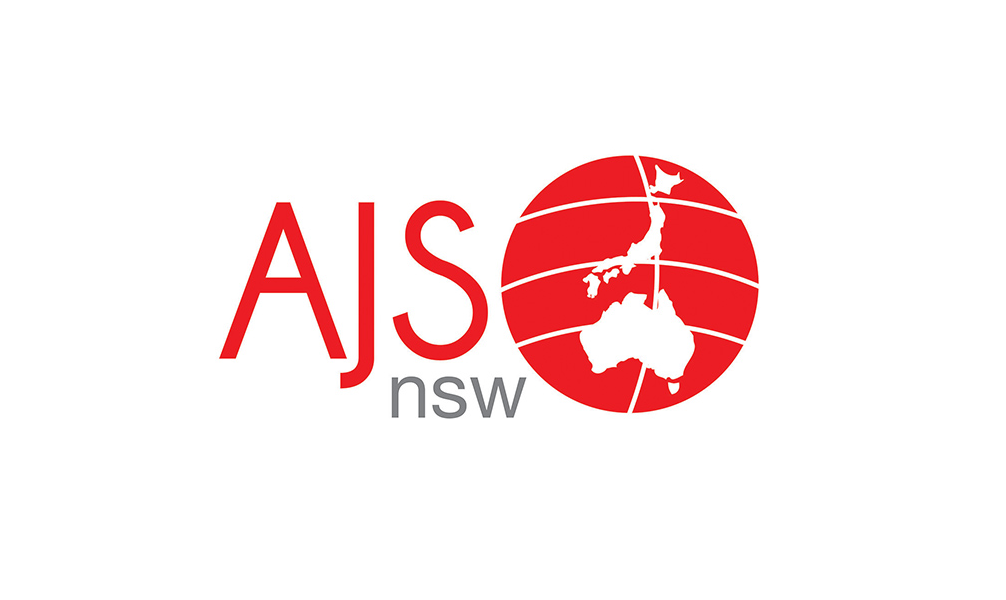
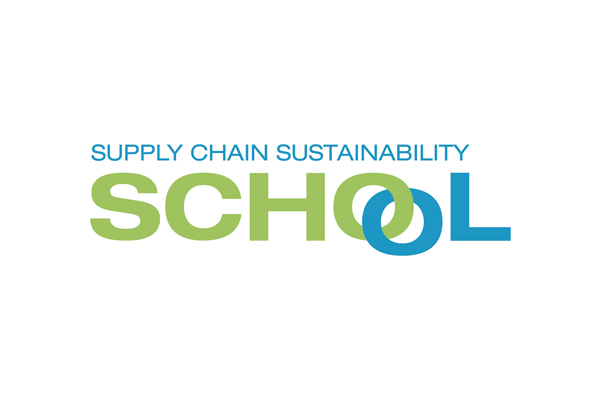
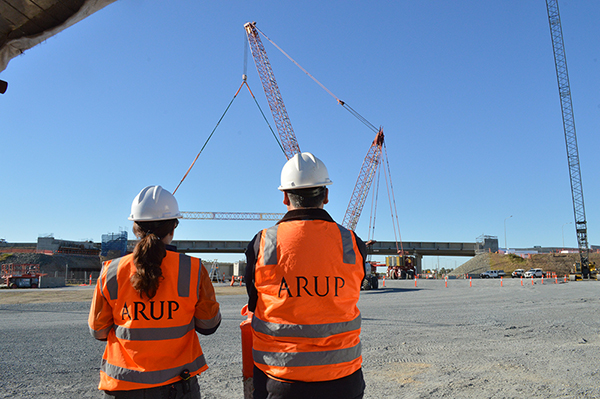
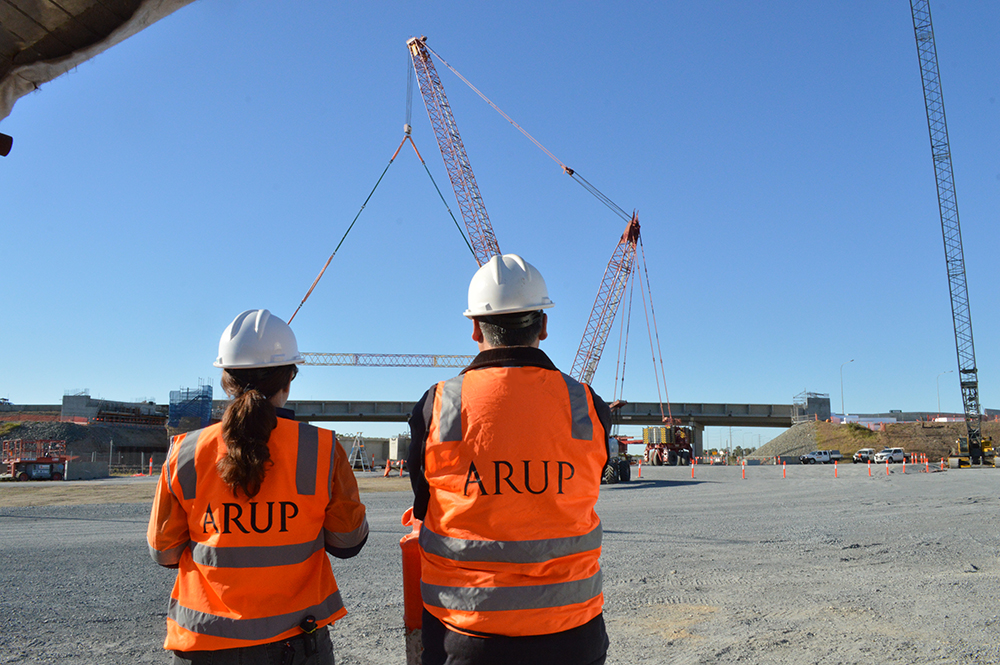

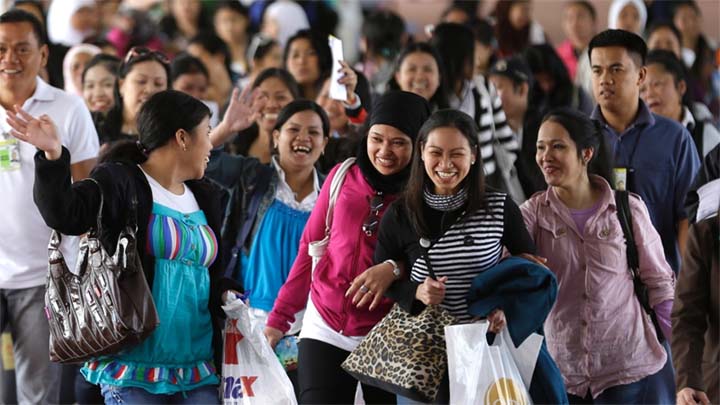
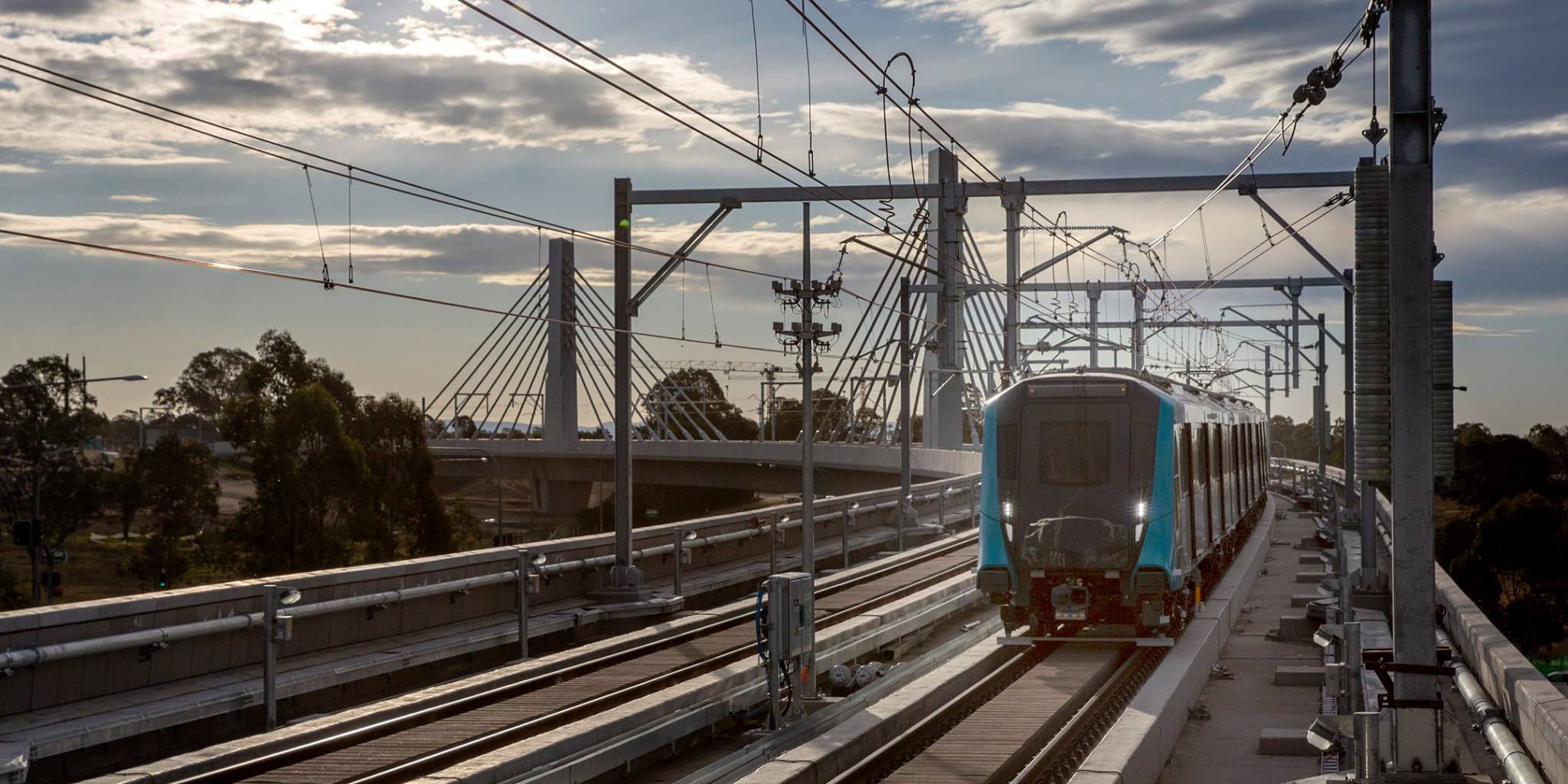
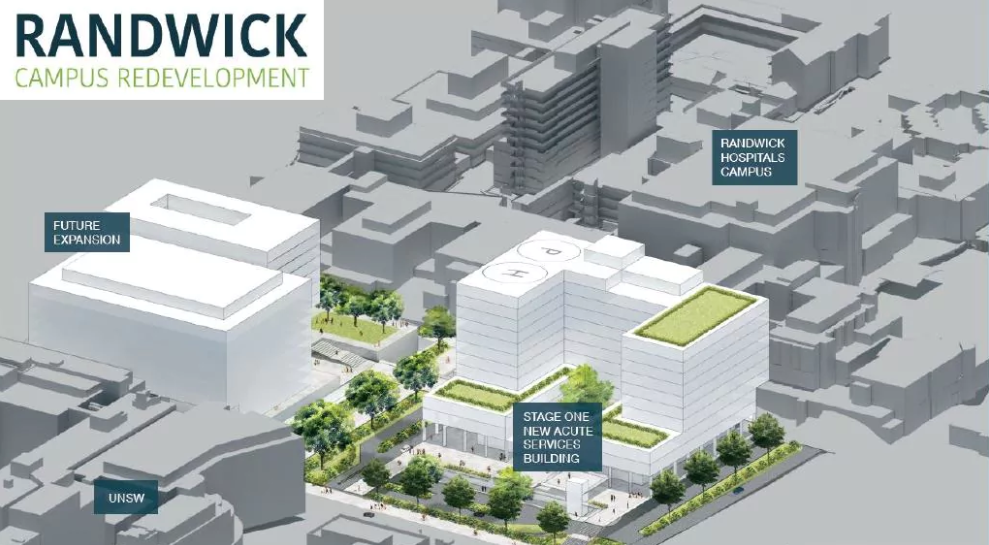
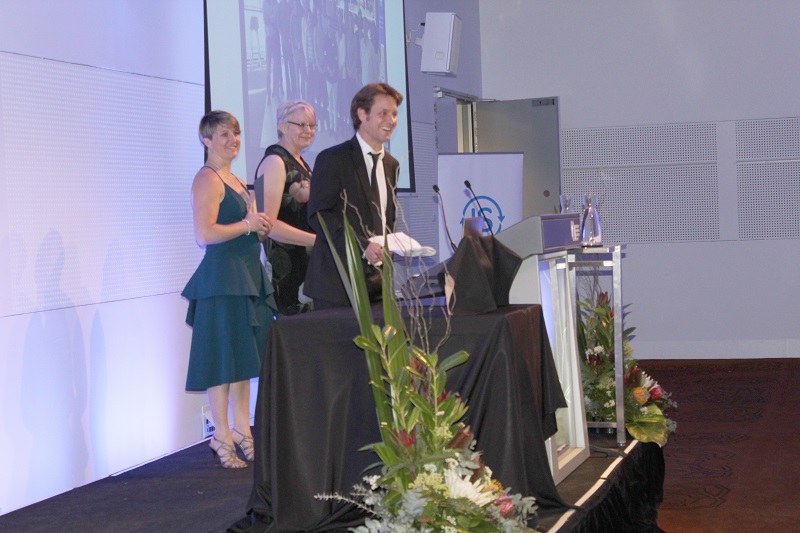
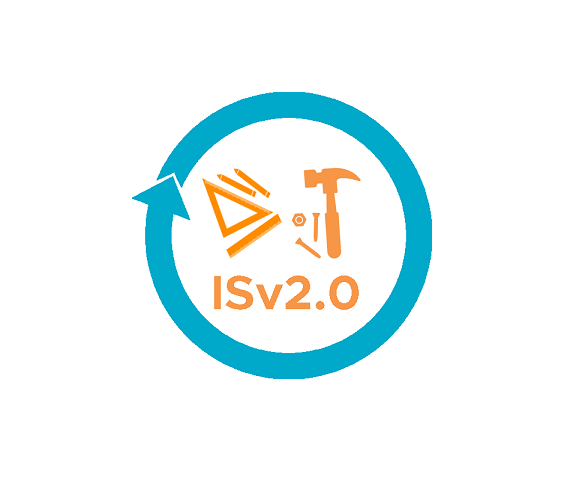
.jpg.aspx)

